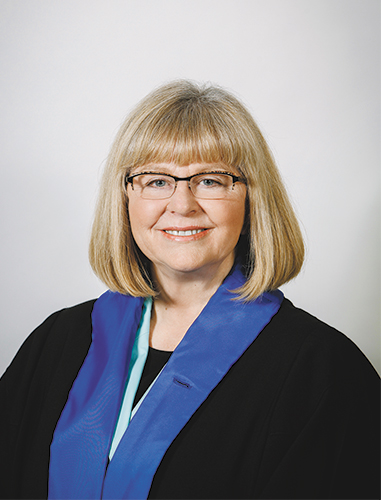The March 2018 state election saw the first change of government in South Australia (SA) in 16 years, with the Liberal Party elected on a platform that included council rate capping.
The new Government’s rate capping legislation was introduced into Parliament on 20 June, and we expect that debate on the Bill – both in our communities and Parliament itself – will continue for the next few months.
Interstate evidence is unequivocal – rate capping hurts councils and communities.
Now that the Bill has been introduced we are working with our members to carefully analyse the draft legislation to determine impacts and unintended consequences so that councils in South Australia have all the facts.
This will include staging a special general meeting in July where members will be provided with all of the information they will need to go back to their own councils and vote on accepting, rejecting, or accepting the Bill with amendments.
The introduction of the Government’s rate capping Bill coincides with significant increases in a number of state government levies that impact on SA councils, including the Natural Resources Management Levy and Solid Waste Levy.
The Solid Waste Levy alone increased 15 percent to $100 a tonne in metropolitan areas on 1 July, costing South Australian councils and their ratepayers an additional $4.5 million in 2018/19.
The Government will require the support of either the Opposition or two minor parties (all of which took an anti-rate capping position to the election) to pass this legislation through the Upper House, and so it’s possible that the Bill will be rejected should South Australian councils continue to oppose it.
We understand that local government – like all sectors – can improve, and Local Government Association of South Australia (LGASA) has worked with its members to develop a comprehensive reform agenda to improve the efficiency and transparency of councils.
These changes include implementing a benchmarking system for councils, strengthening the code of conduct for council members, standardising external annual council audits, and local government elections reform.
Many of the reforms we’ve identified require a partnership approach, and we want to work with the new Government and Parliament on these reforms for the benefit of South Australia’s councils, and the communities they serve.

















